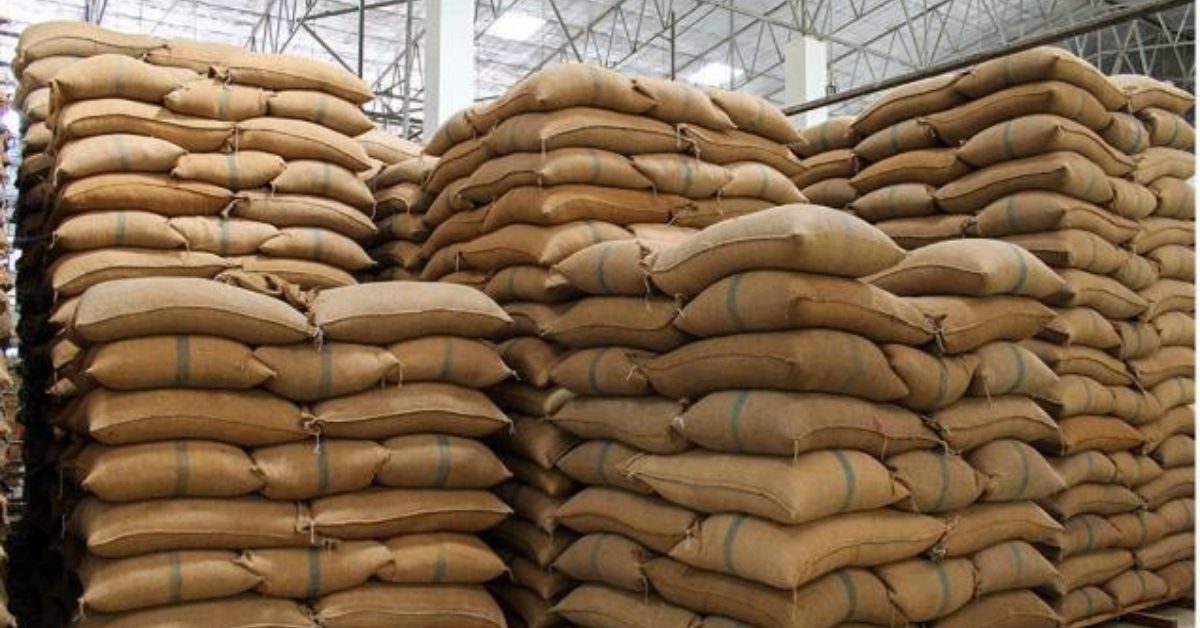“There is currently no ban on placing order [for rice imports],” Shahyad Aabnar was quoted as saying by Iran Chamber of Commerce on Wednesday, adding that order has been placed for the import of 100,000 tons of rice in the past 24 hours.
His comments came after the head of Rice Importers Association of Iran announced that rice imports have been banned since early November and no kind of rice can go through customs clearance.
“Responsible officials have cited ‘balancing out bilateral trade’ as the reason why they have banned rice imports from the countries we normally purchase the grain from,” Karim Akhavan-Akbari was quoted as saying by the news portal of Iran Chamber of Commerce, Industries, Mines and Agriculture.
It was earlier announced that only Indian rice imports were banned.
Akbari said the government decision would cause shortage in the domestic market, since local production cannot meet domestic demand for rice.
“So far this year, close to 1.27 million tons of rice have been imported. Our annual import demand stands at around 1.5 million tons. Therefore, we need to purchase nearly 250,000 tons of the grain by the end of the year [late March],” he said.
He noted that year-on-year inflation for top quality Iranian rice stands at 123.1%, adding that for high-quality foreign rice the rate stood at 45.9% in the month ending Dec. 21.
“The first six deciles of the country consume imported foreign rice, due to their more reasonable prices. The ban set on imports can result not only in a shortage of rice, but an increase in prices. In our country, rice is a staple food, coming in second after wheat in the list of the most consumed grains. Therefore, this measure can impact a large number of the population, particularly the ones with more modest means,” he said.
His remarks came after Salar Saket, the deputy head of Rice Importers Association of Iran, echoed similar concerns.
“Indian rice accounts for the highest proportion of imported rice due to its high quality and reasonable price. Iranians prefer Indian rice over other foreign types of rice and importers trade commodities for which there is demand in the market. The rice we purchase from India meets the needs of six underprivileged income deciles and also balances the price of Iranian rice. So, it is only obvious how this ban on imports can damage the market,” he said.
The ban also applied to import of tea from India.
“It will be lifted as soon as bilateral trade is balanced out or registers surplus,” secretary of Iran’s Rice Suppliers Commission, Masih Keshavarz, was quoted as saying earlier.
A total of 1.75 million tons of rice were imported into Iran during the last Iranian year (March 2021-22). The import volume set a ten-year record high, according to the secretary of Iran Rice Association.
“Last year’s imports was more than twice the volume the country needed to make for the domestic production deficiency,” Jamil Alizadeh Shayeq was quoted as saying by Mehr News Agency.
A total of 2.25 million tons of rice were produced in Iran during the last Iranian year (March 2021-22), according to the deputy head of Iran Rice Union, Ahmad Eshraqi.
Rice consumption in Iran currently stands at 3 million tons per year, about 70% of which are supplied through domestic production, according to Alireza Mohajer, a deputy agriculture minister.
India has long been a major exporter of rice to Iran. Other exporters include Pakistan, the UAE, Thailand, Turkey and Iraq.
The three northern provinces of Gilan, Mazandaran and Golestan produce are Iran’s rice production hubs.







